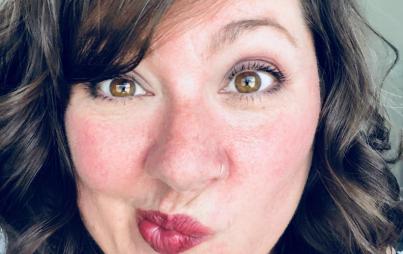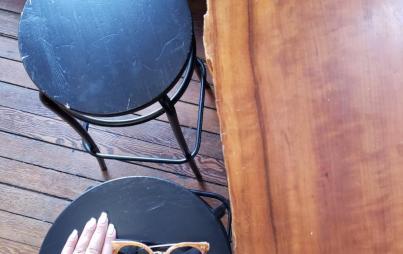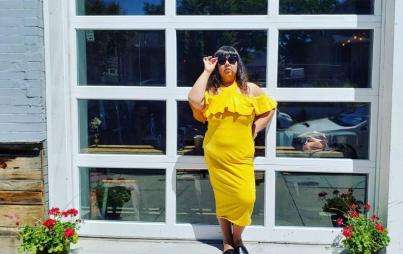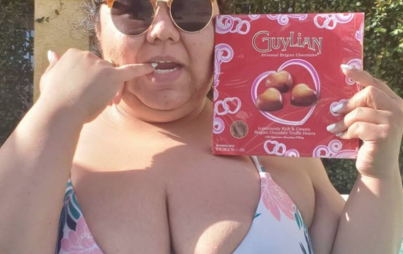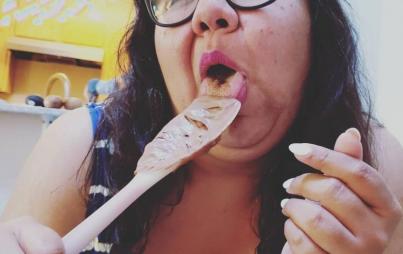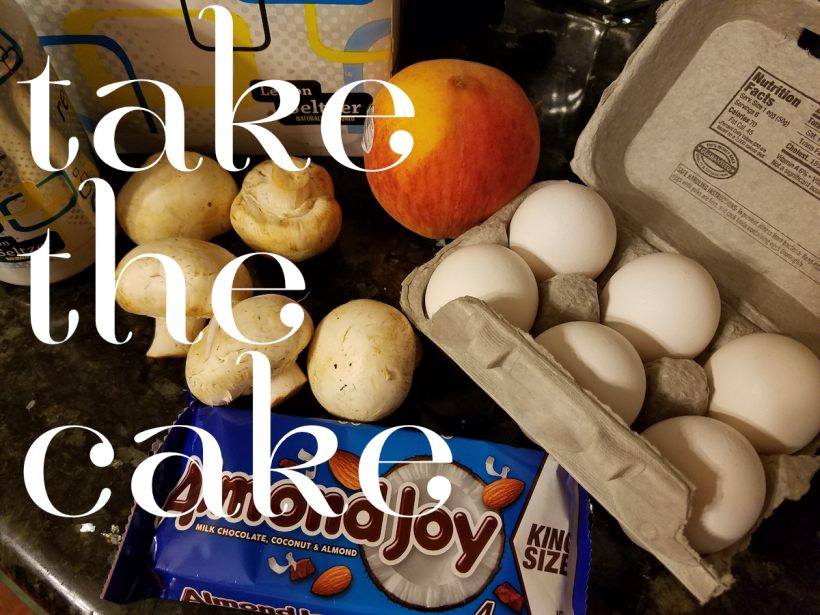
Today it was hot as balls. This is hookie weather— the kind of weather that permits four plus hours of thrifting, margaritas, and shit-talking in some deck chairs right off Ocean Beach. Me and BFF Kori are at the Beach Chalet, a restaurant on the western edge of San Francisco, whose walls are covered with murals completed in the 1930s.
Before I continue the story, I have to tell you that I thought this was going to be an essay about how I am currently in the middle of an extended adolescence, and that adulthood, or maturity, or something was beginning to look like it was close enough on the horizon that I could make out the contours of it, if I squinted a lil. But this essay ended up being about talking to my friends about the original idea and them telling me I was wrong.
Just last night, I told Kori about my extended adolescence theory. She said that adulthood is a racket, and that she and I were definitely adulting already, no question. The texture of our lives, she said, was dictated by the reality that we are unencumbered by the expensive stuff (e.g. homes) and tiny humans (i.e. babies) that keep many people our age from doing things, like thrifting and boozing in mini-skirts for hours at a time on a sunny day.
A lot of people with dysfunctional families and childhood trauma experience something we think of culturally as arrested development.
We head from the Chalet to Safeway. We wander the bakery, the frozen section, produce, and all that. As we’re checking out, I’m looking at what I have on the conveyor belt: five mushrooms, a single peach, six unethical eggs, bubbly water, and a king size Almond Joy. I look at her haul. “So you’re telling me that buying a bag of salami, frozen cookie dough, and DiGiorno’s is not a sign that we are in an extended adolescence?”
“What else do you need?” she says, her long neon orange nails wrapped around her credit card as she swipes.
In the wake of America's "crisis of adulthood" and in the middle of a city known for Peter Pan Syndrome, I find myself feeling that I too have gotten an extension on my adolescence.
It has become a time for me to heal, center myself in a way I never could in childhood, and figure out what I want for my life— something my mom and grandma never got to do. Both were married moms before turning 23.
Since finding out that the whole nuclear family thing was bolstered pretty much entirely by segregation and women's misery, people in the US have had to deal with all kinds of reordering when it comes to imagining what family, home, and adulthood look like. A lot of this conversation is permeated by shame, pathology, and American exceptionalism — kinda exactly like diet culture. And like diet culture, these mechanisms are not in place to make people happy. They are in place to perpetuate preexisting norms at any cost. The terms of the conversation make it difficult to make any choice besides the one that has already been laid out for us — one that not coincidentally is heavily capitalism-engaged.
I guess calling it an "extended adolescence" presumes I am waiting for something to come after it. And I am.
This was the subject of another conversation I had with my friend Isabel over maduros and camarones a la criolla at Parada 22:
“Well you know what Pema would say. We need to stop striving,” and then she said something super zen like, “There is no such thing as arriving, there is only a murky path shaped by one choice and then another.”
She doesn’t really talk like that, but you get what I’m saying.
But I can’t help but feel like I am on my way somewhere. What I am awaiting is not material, though; it is emotional. And I am not waiting as much as I am doing a ton of emotional work that has already radically altered the trajectory of my life.
This period in my life is a claimed time, a gift I have given myself, where I get to create some of the safety I didn't have growing up because of my dysfunctional family and daily experiences of virulent fatphobia.
So what am I waiting for? Me.
At the center of my healing is practicing self-trust — the ability to claim my desires, pursue them, and truly believe that I will figure out what to do if something horrible happens during that process. Rather than trying to control outcomes and my relationships to other people, self-trust is about wanting good things for myself more than I want to avoid bad things. Self-trust is believing I am worth that. And right now, at 34, I am just starting to believe these things.
This period in my life is an emotional container I have made for myself, where I can experiment in a pretty risk-free environment. This is the kind of container that ideally people have in childhood, so they can make mistakes under the watchful eye of an unconditionally loving parent. I didn't have that.
A lot of people with dysfunctional families and childhood trauma experience something we think of culturally as arrested development. In my case, I grew up with a bunch of adult children who had themselves been traumatized and pursued the prescribed formula in hopes of a salvation that never came.
So I don’t know exactly where to end this. I think Kori and Isabel would tell me that all of this — the thoughtfulness, the process, introspection, having the autonomy to buy the five mushrooms and bubbly water and eggs, and then write about it on the internet — are all evidence that I am already doing the thing. Maybe all the trauma I’ve mentioned is what stops me from recognizing it. I’m not sure, but for now I will admit that this thing I was calling extended adolescence feels right and I’ll keep doing it til it doesn’t.



